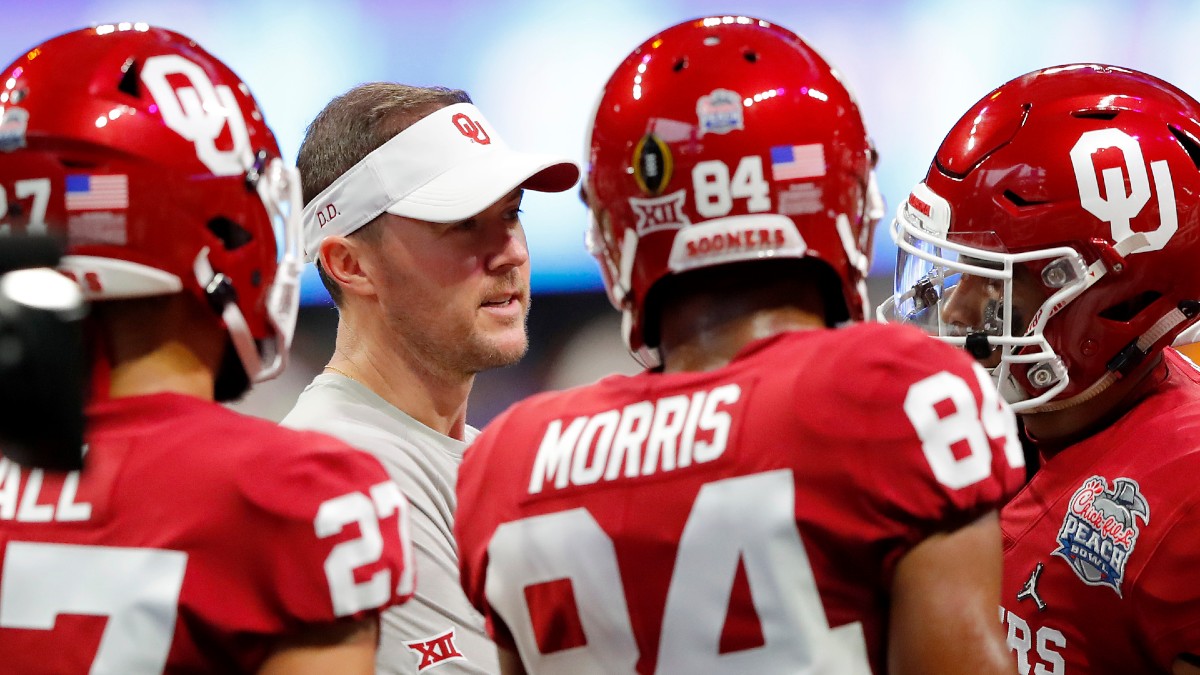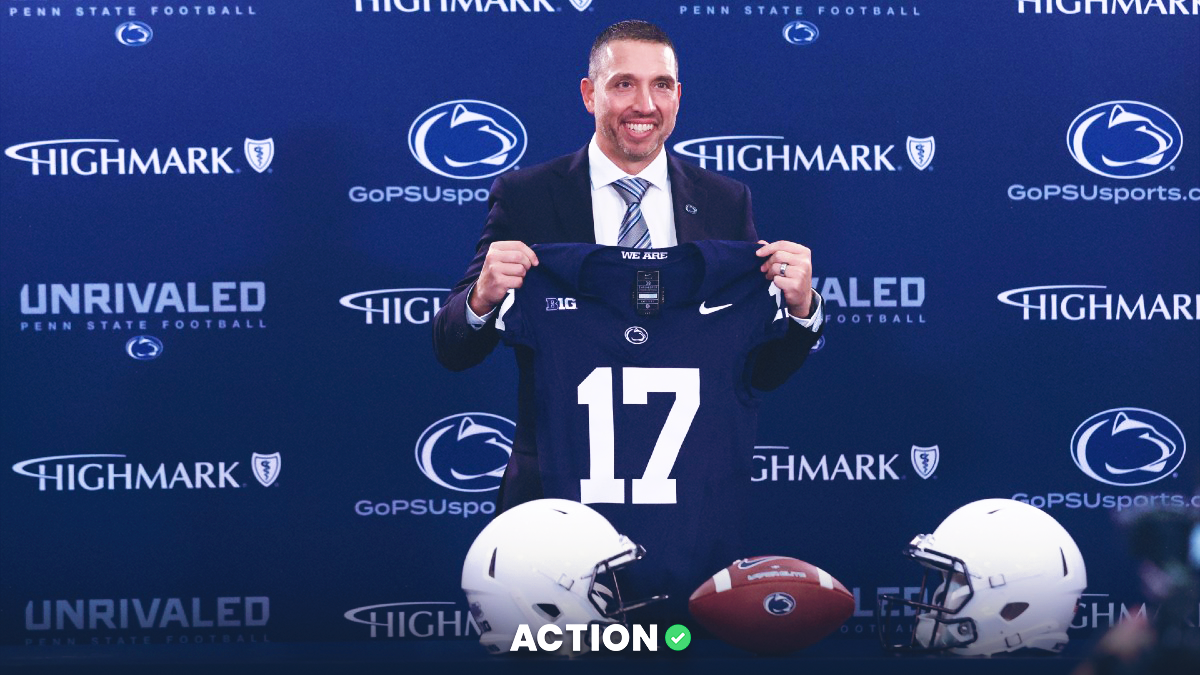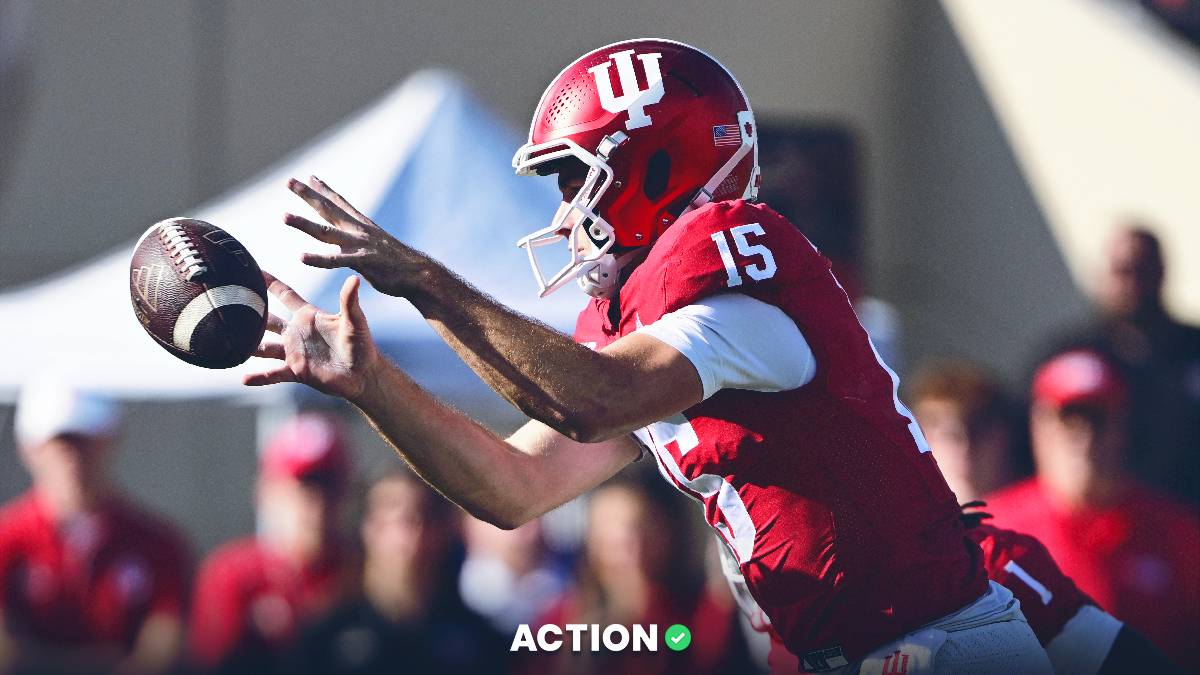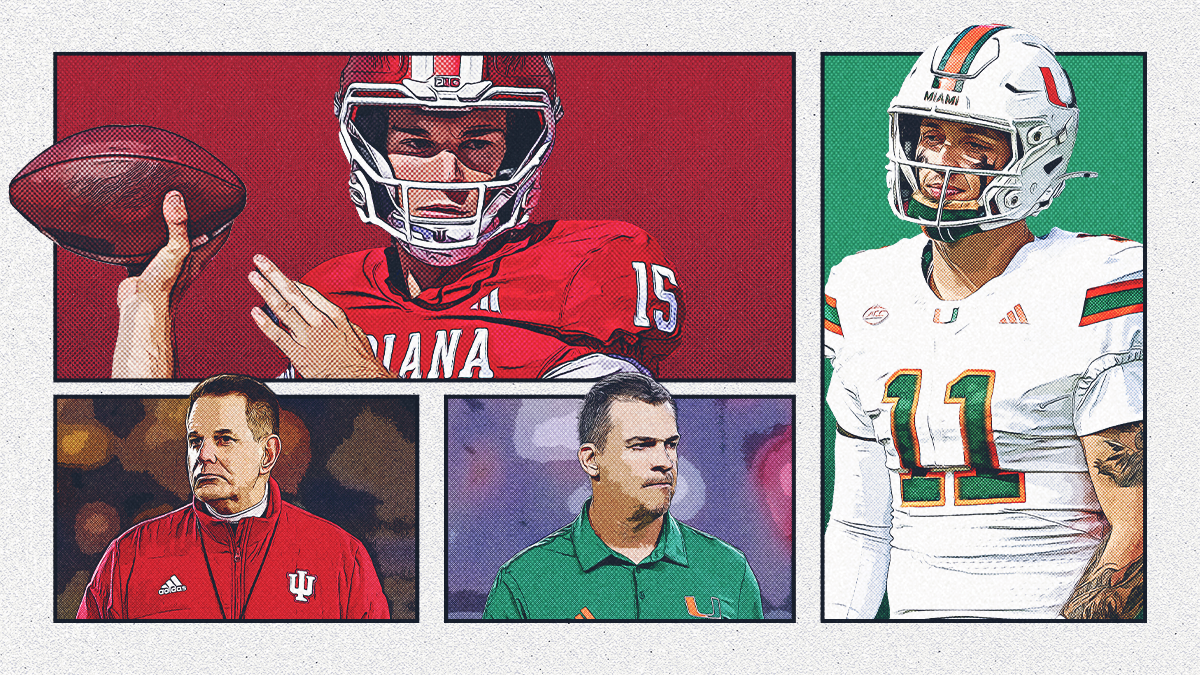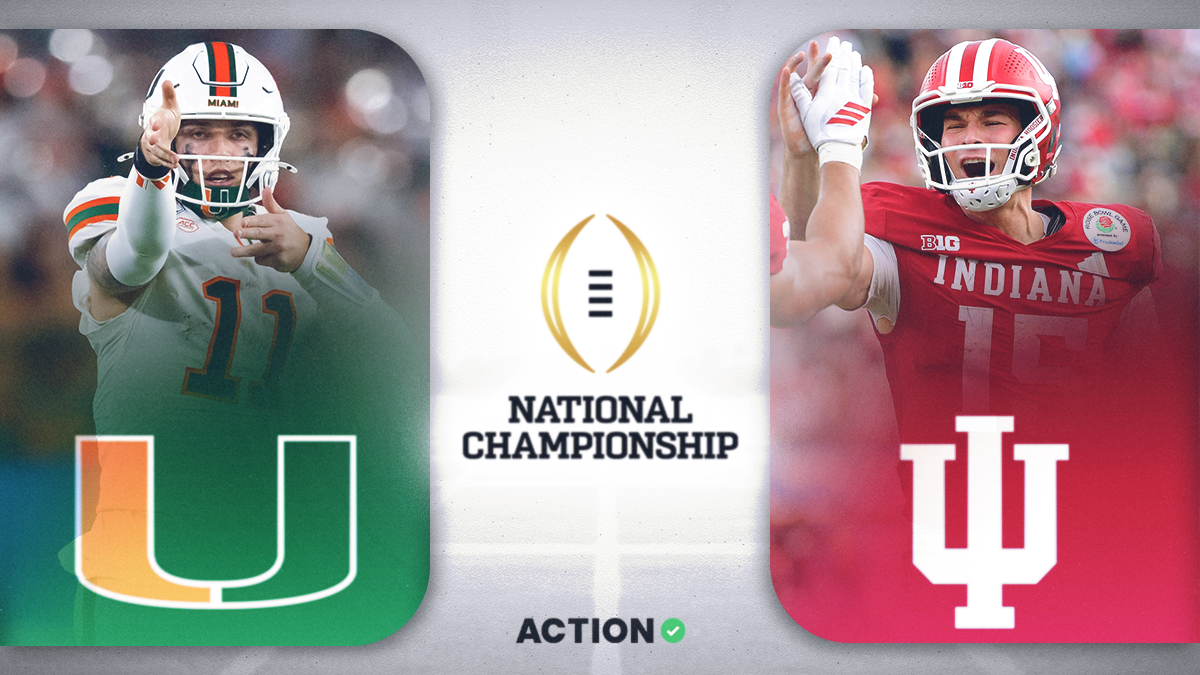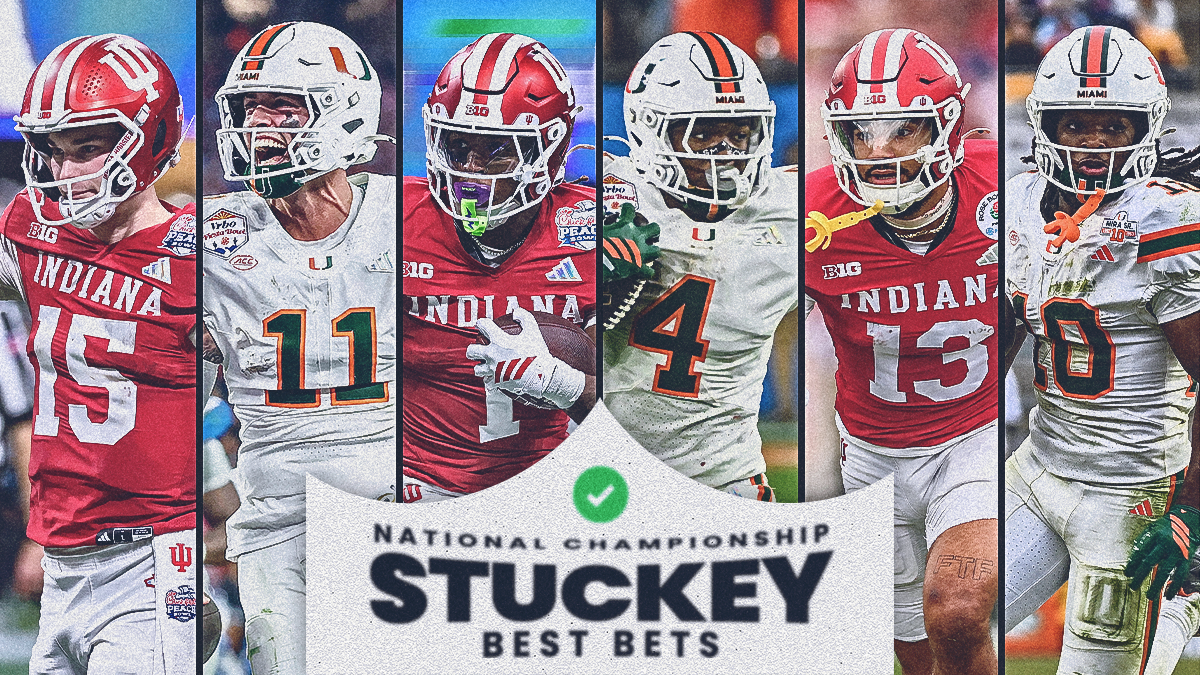Table of Contents
Success Rate Definition
Success rate is an advanced metric in football that measures efficiency, but with the important context of down and distance considered.
A play is defined as successful if:
- It gains at least 50% of the yards required to move the chains on first down
- 70% of yards to gain on second down
- 100% of yards to gain on third or fourth down
To calculate success rate, simply divide the number of successful plays (as defined by down and distance above) by total plays.
It can be used for both offenses and defenses.
Success Rate Examples
Gaining five yards on first-and-10 means more than gaining five yards on third-and-15.
But those 5-yard gains are recorded the same in metrics like yards per game and even yards per play.
That's what success rate attempts to answer: How often are you on schedule to pick up first downs?
Being on schedule allows an offense to dictate the terms of the drive with its play-calling, risk-taking and more. If the defense can keep the opposing offense off schedule, it forces the opponent into difficult passing situations.
Best of the Best, 2017-2019
The best offenses will usually have the best success rates, because staying on track to pick up first downs is highly correlated with winning games. You don't want to be great on third down — you want to avoid third downs altogether.
Among college football teams that have excelled in success rate since 2017, some of the best examples include:
- The 2019 National Champion LSU Tigers
- The 2019 Alabama Rolling Tide with Tua Tagovailoa at quarterback
- The 2017, 2018 and 2019 Oklahoma Sooners under head coach Lincoln Riley
But, along with those perennial national title contenders, occasionally you'll get teams like Wisconsin and Air Force atop success rate lists as well. The Badgers and Falcons are incredibly effective at running the ball, but they often fail to generate big plays. They may not be elite offenses, but they're ultra-efficient.
On defense, it's the same story — the list below predominately features the most elite defenses of the last three years.
CollegeFootballData.com has success rates for every team dating back to 2001.
Success Rate History
The abstract concept of success rate can be traced back to legendary Stanford and San Fransisco 49ers head coach Bill Walsh, who believed that staying on schedule was one of the most important factors for offensive success.
Walsh had some numbers assigned to it, and he knew that great teams didn't rely on third-down conversions to move the chains. They did it earlier in the sequence.
Decades later, Football Outsiders truly quantified success rate, and then SB Nation's Bill Connelly (now with ESPN) developed it further for college football.
Can I Use Success Rate to Bet?
Yes, but not blindly.
Less than a decade ago, ratings systems like SP+ and FEI that factor in some form of success rate fared decently well against the betting market, because they were relatively niche and unknown.
Since then, those edges have evaporated and are already baked into the betting market.
That doesn't mean success rate is useless — it is still a good barometer for how effective an offense is, and how a particular coaching staff thinks about offense.
For example, it has been statistically proven that NFL teams don't pass enough on first down. Most teams have higher success rates passing on first-and-10 than they achieve by running the ball.
But for some reason, teams are still obsessed with "establishing the run." The head coaches and coordinators that deviate from that old-school philosophy are ahead of the curve.
College football is a little different, since there are many more ways to craft an effective offense. But Bill Walsh's foundational principles still hold true: Whether a team operates a spread offense with RPOs or a wishbone triple-option, staying on schedule wins football games.


